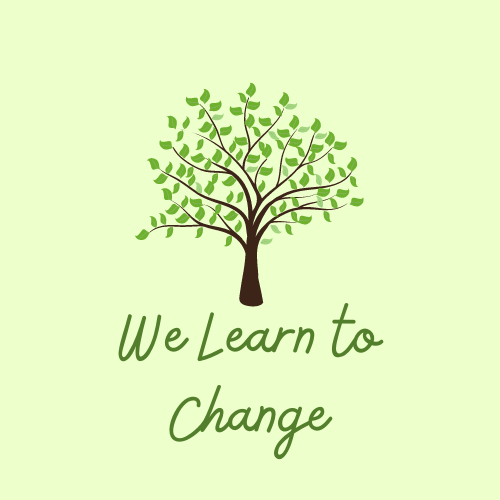Each year, I hear, “I hate English class, but I love your teaching.” So, it’s time to shake things up a bit.

I love this MacBook Air Cover, but this morning it has taken on a new meaning. As I contemplate how to revise my courses to be more relevant to the students, this little cover provides ideas for lessons that appeal to the left brain and the right brain.
As we all know, learning needs to be fun. When teaching discrete subjects, we run the risk of losing students’ interest if they are not “English” people. I have written about ditching discrete subjects in the past, but that was in the context of creating my own school. Now, I am thinking of ditching discrete subjects in my classroom, to bring the core subjects into the classroom somehow as anchor texts for teaching ELA skills. Perhaps that will put the fun back into the course, at least for a little while.
Before I share some ideas, though, I should probably give you a little context.
Just the other day, a student said, “I hate English,” and because I was in their hearing, they said, “But, Ms. Mac, I love your teaching. This is becoming my favorite class.”
Well, that’s nice, but how do we get to “I love English class, and it’s because of your teaching.” Or, even better, “I love English class because of the stuff I’m learning”?
I love my students’ honesty for two reasons: it helps us establish a rapport based on trust, and I learn so much about them that is factual and gives me information I need to revise my curriculum.
That said, I asked the student, “What is your favorite class?” The answer: Math. Other students answered a mix of Science and Math, along with Gym and, of course, Lunch. (We have “Lunch” on our schedule, so they joke about it being a class.)
Knowing that my students lean toward the left brain — calculations, logic, analysis, etc. — helps me more than they realize. How can I combine those principles with ELA skills? That is going to be my mission.
Ideas
I am not a left-brain person, but I love algebra, which is what most of the sophomores are learning. I had to learn algebra again to successfully pass my certification exam, and teaching myself seemed to work better than learning it in school. I also love spreadsheets, having had to learn to use Microsoft Excel to an intermediate-advanced level in my previous career. Finally, I love statistics and analyzing data. Once I got the hang of stats in an introductory college class, I dove right in and enjoyed every minute. I’m not sure what that says about me. When forced to learn mathematics, I let go of those inhibitions I had before and find a whole new world, I guess. Perhaps you, dear reader, will have some ideas as to why what I say is true.
What could I do with this? A research project, of course!
Controversies in [Insert Your Favorite Discipline Here]
- Students search the library databases available for controversies in their favorite discipline. For example, students look for controversies in mathematics or science. Not only do they learn about the controversies in their discipline, but they learn how to find credible sources.
- Students also learn to conduct research and take good notes on their sources as they study the controversies in their discipline.
- Finally, students learn how to write a paper using MLA or APA style, which is something they will need to know how to do when they go onto post-secondary education. (Unless they are going into engineering, apparently. My son had to learn a framework that is completely different, and that was frustrating. Perhaps I will survey the kids to ask who is going into engineering… 💭)
Conducting Quantitative or Qualitative Research
Students learn:
- The difference between quantitative and qualitative research, and how such research helps leaders to better understand the public.
- How to create valid surveys, use spreadsheets for aggregating data, and basic statistics to best understand what their results are.
- How to interact with diverse groups of people by asking many to participate in their survey.
- How to write a paper in APA style that discusses their findings.
Writing Word Problems
I often wonder if students make the connection between English and math as it relates to word problems. So, why not ask them to write their own?
Students learn how:
- Textbook and test writers create word problems.
- To take what they have learned in math and what they learn about the writing process and synthesize it to create word problems.
- To help each other solve the word problems they have created.
If you have other ideas, I would love to hear them. Please leave a comment. Thank you! Thank you for following Teachers on Fire.
